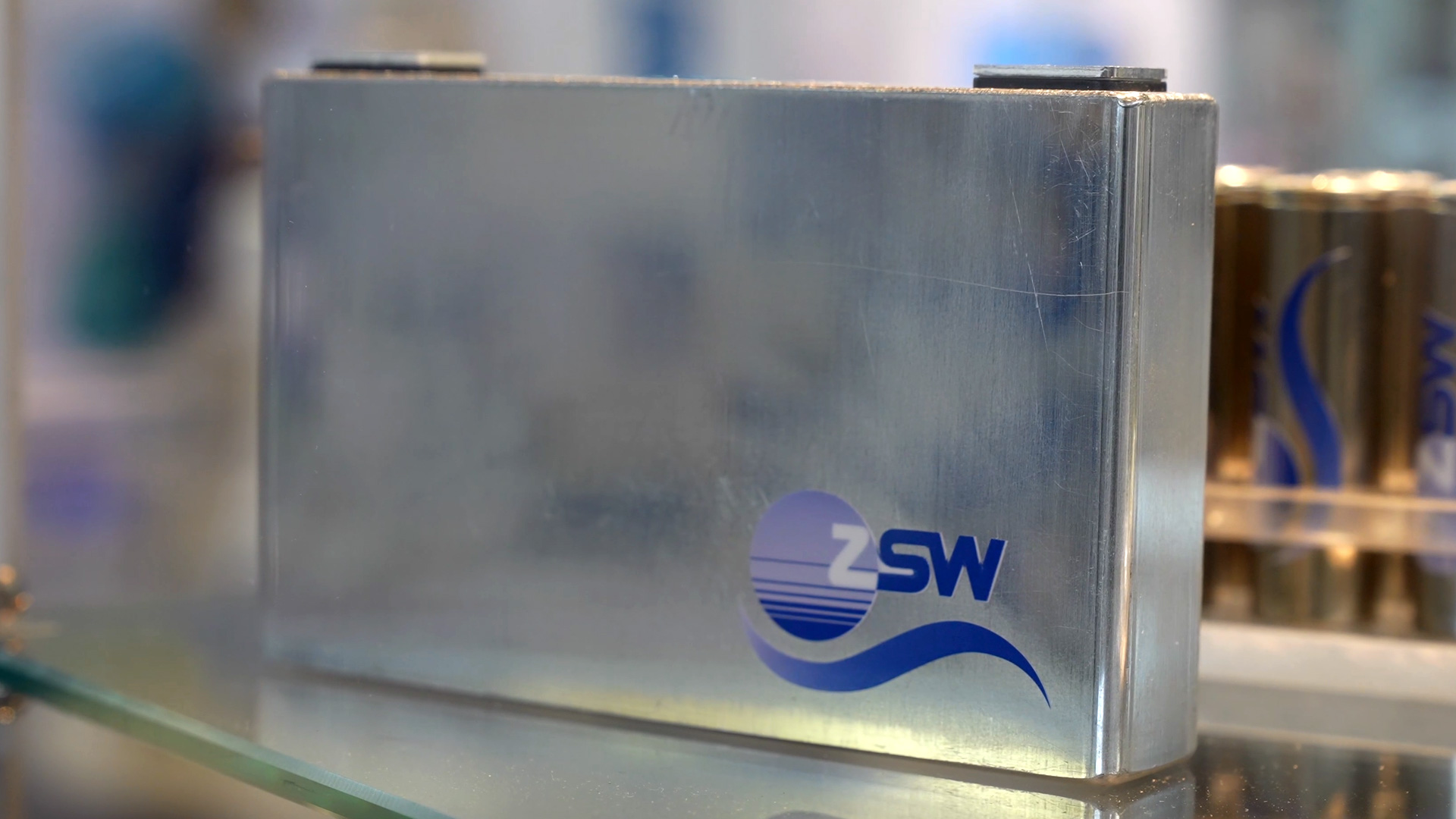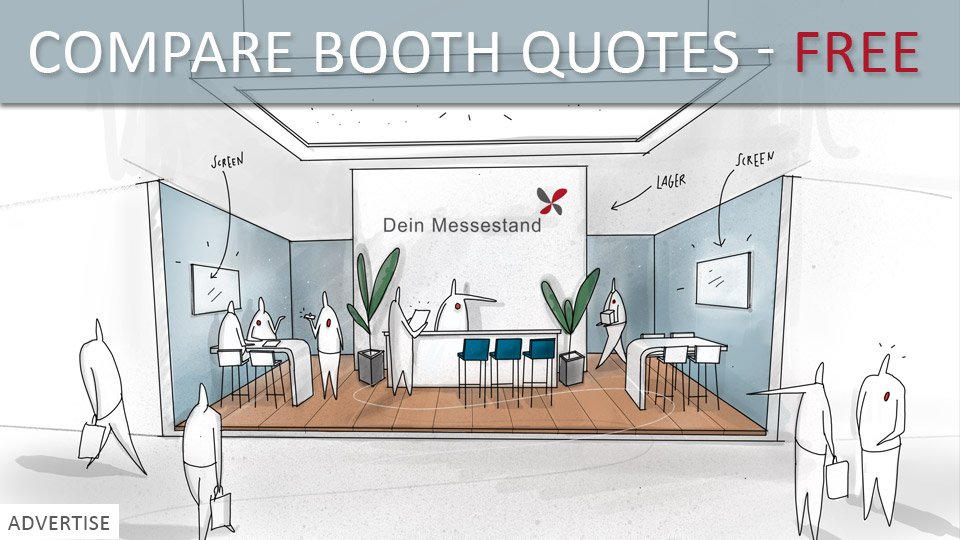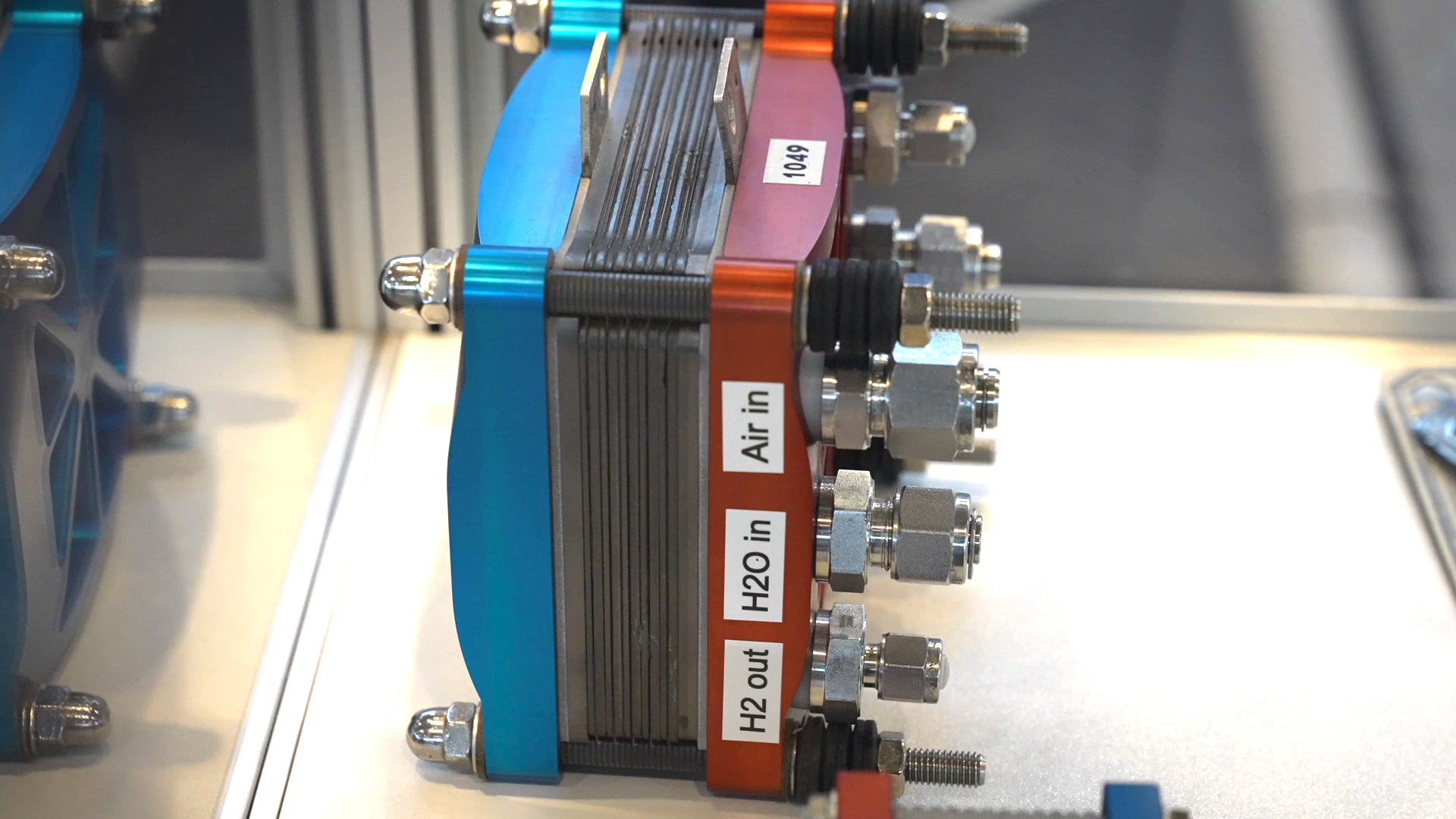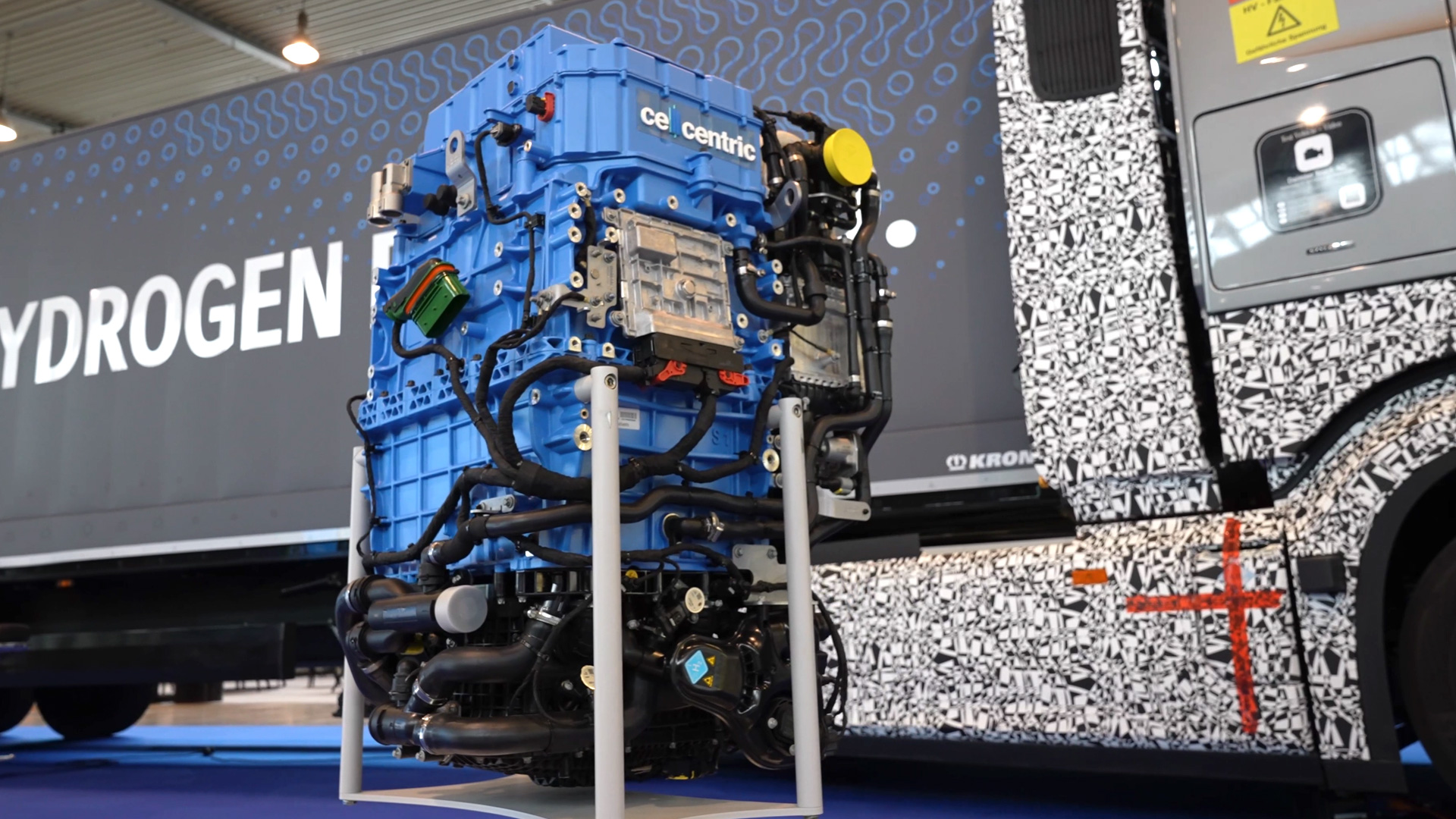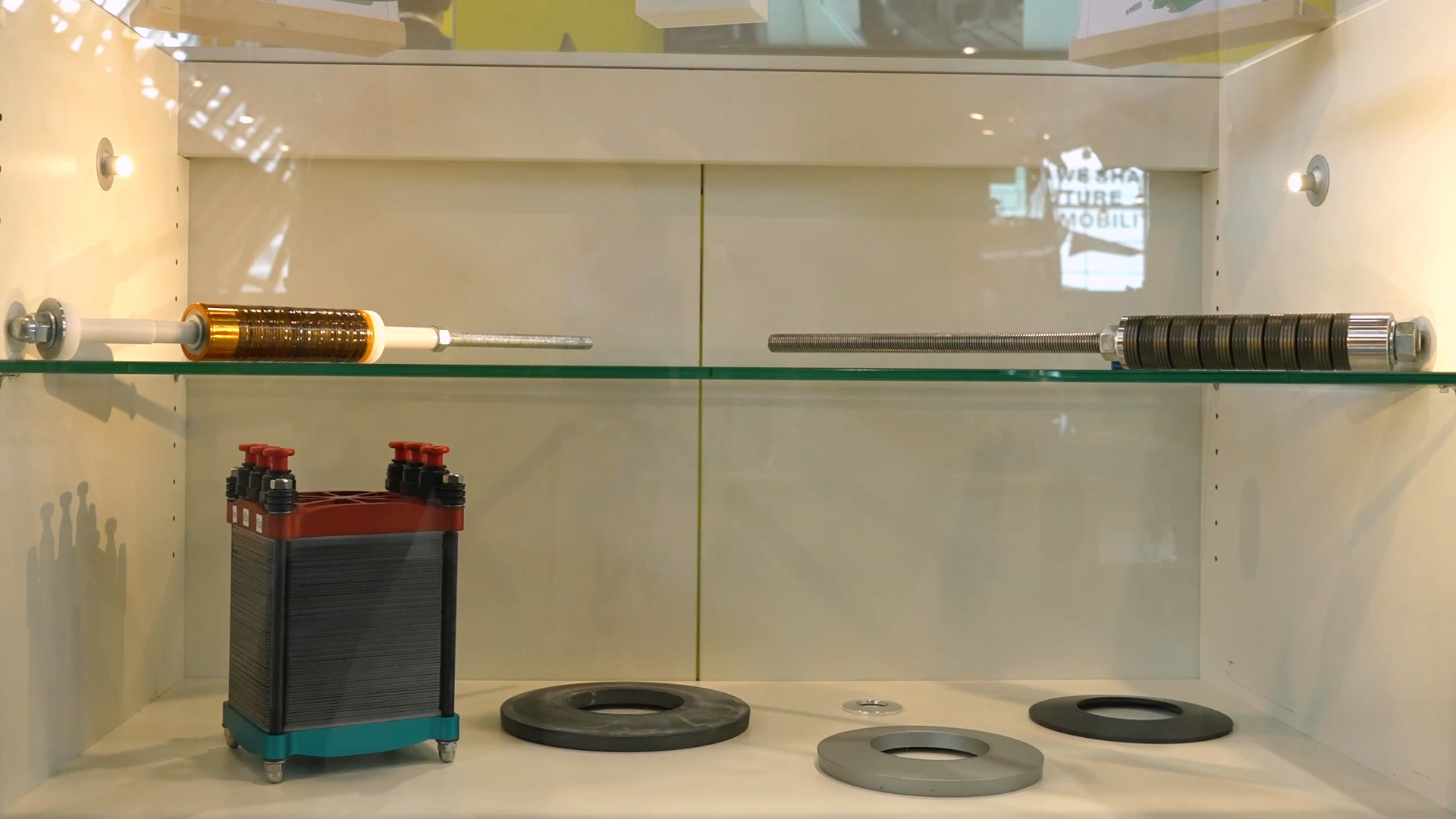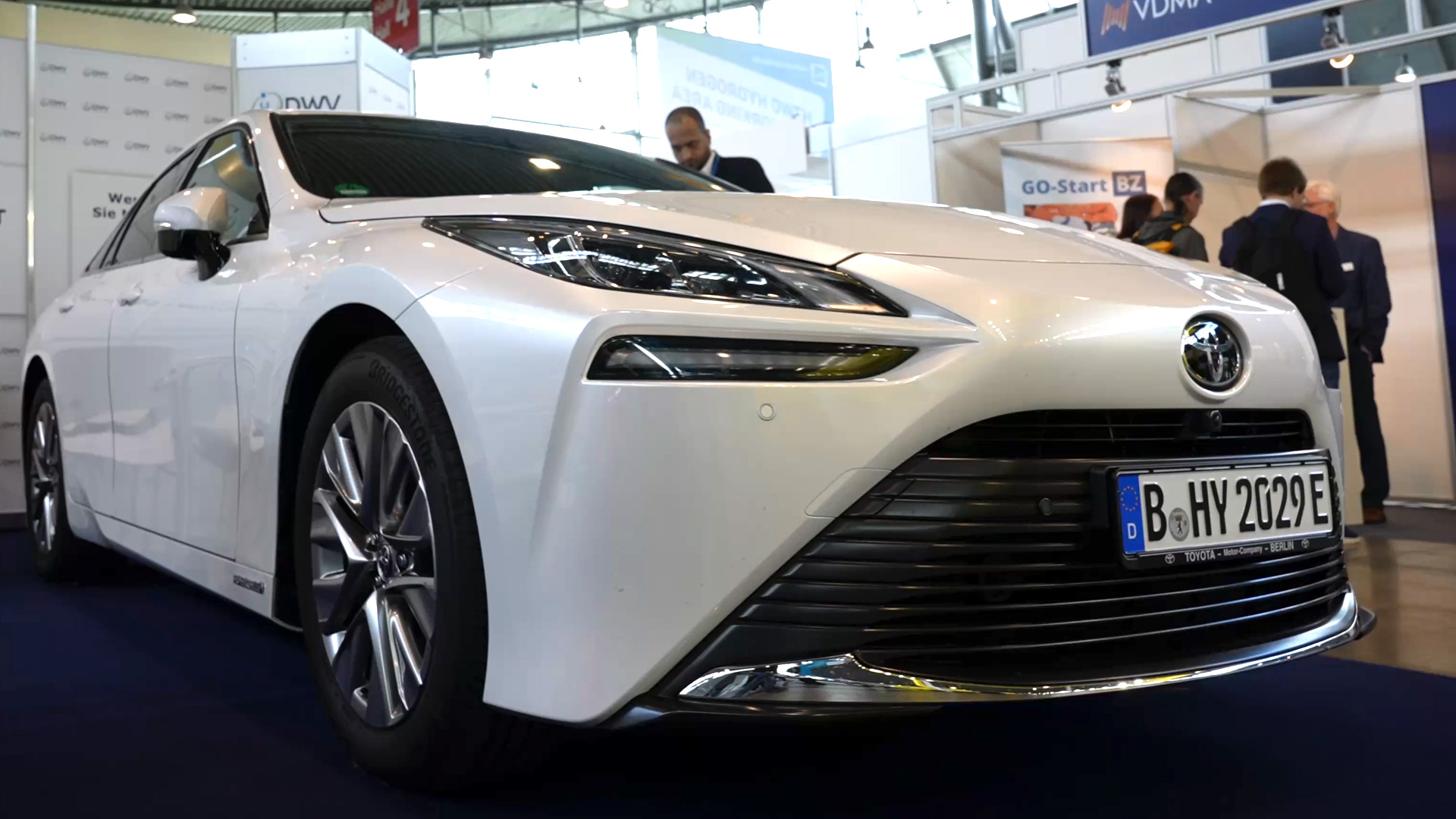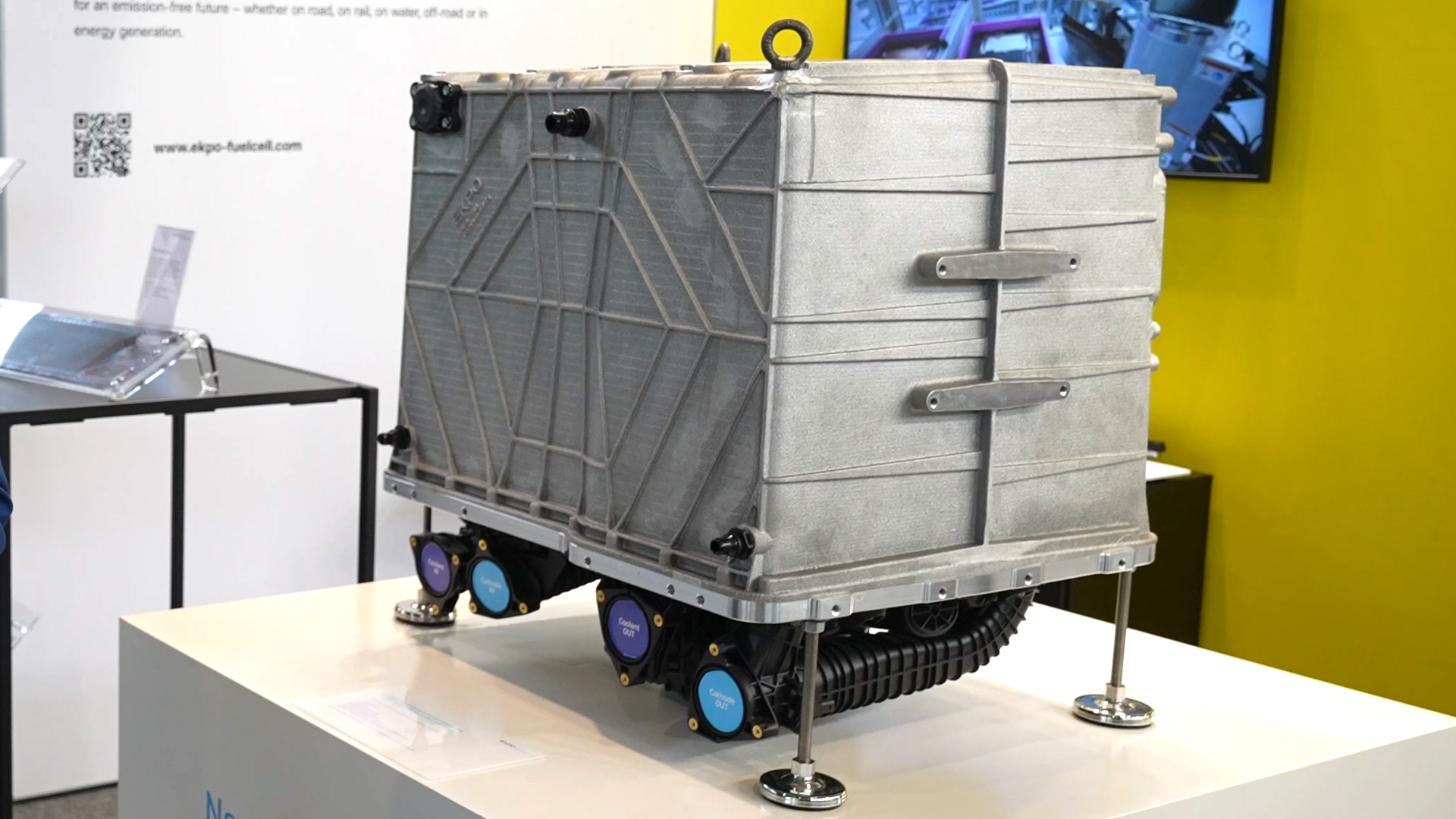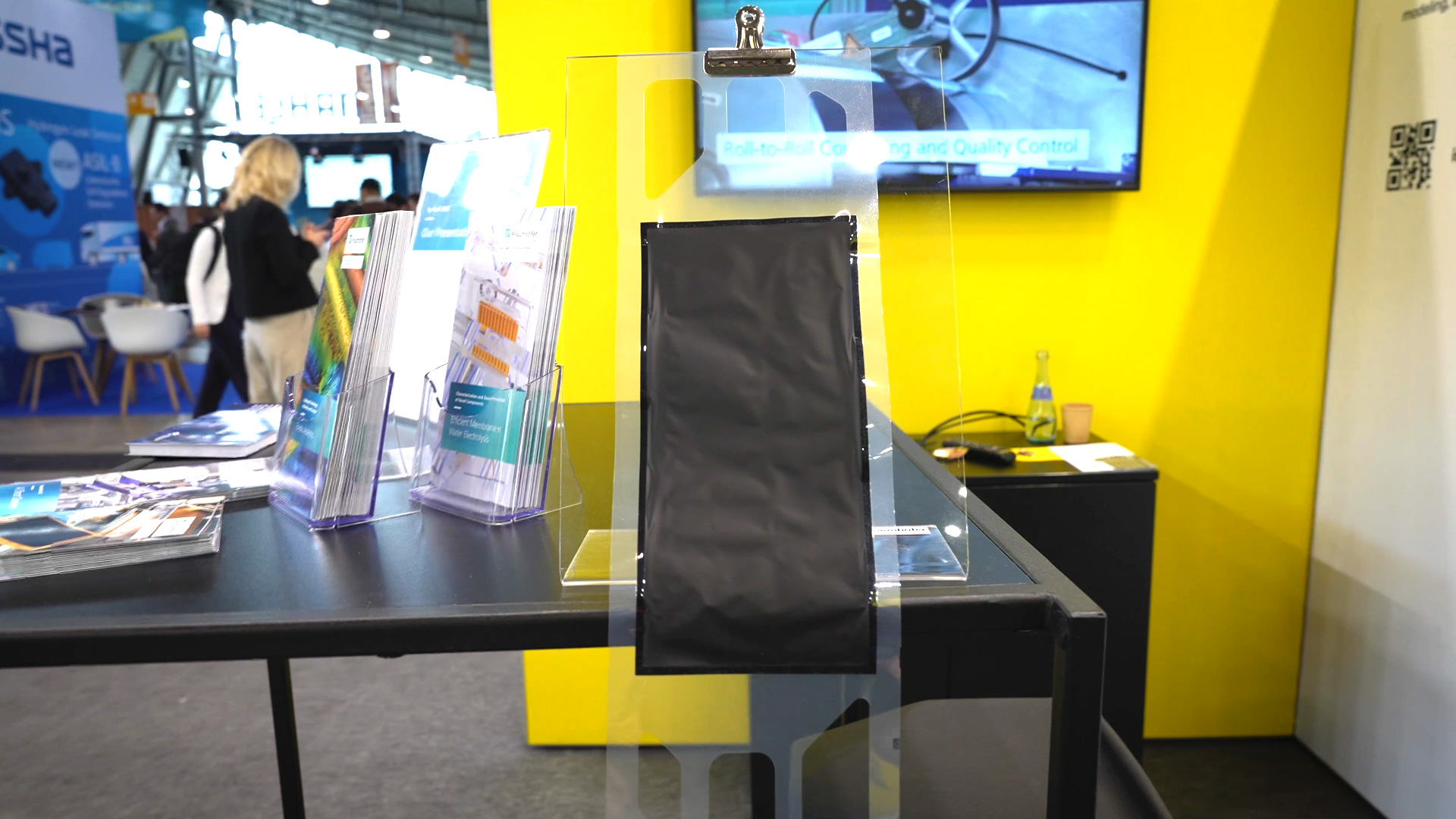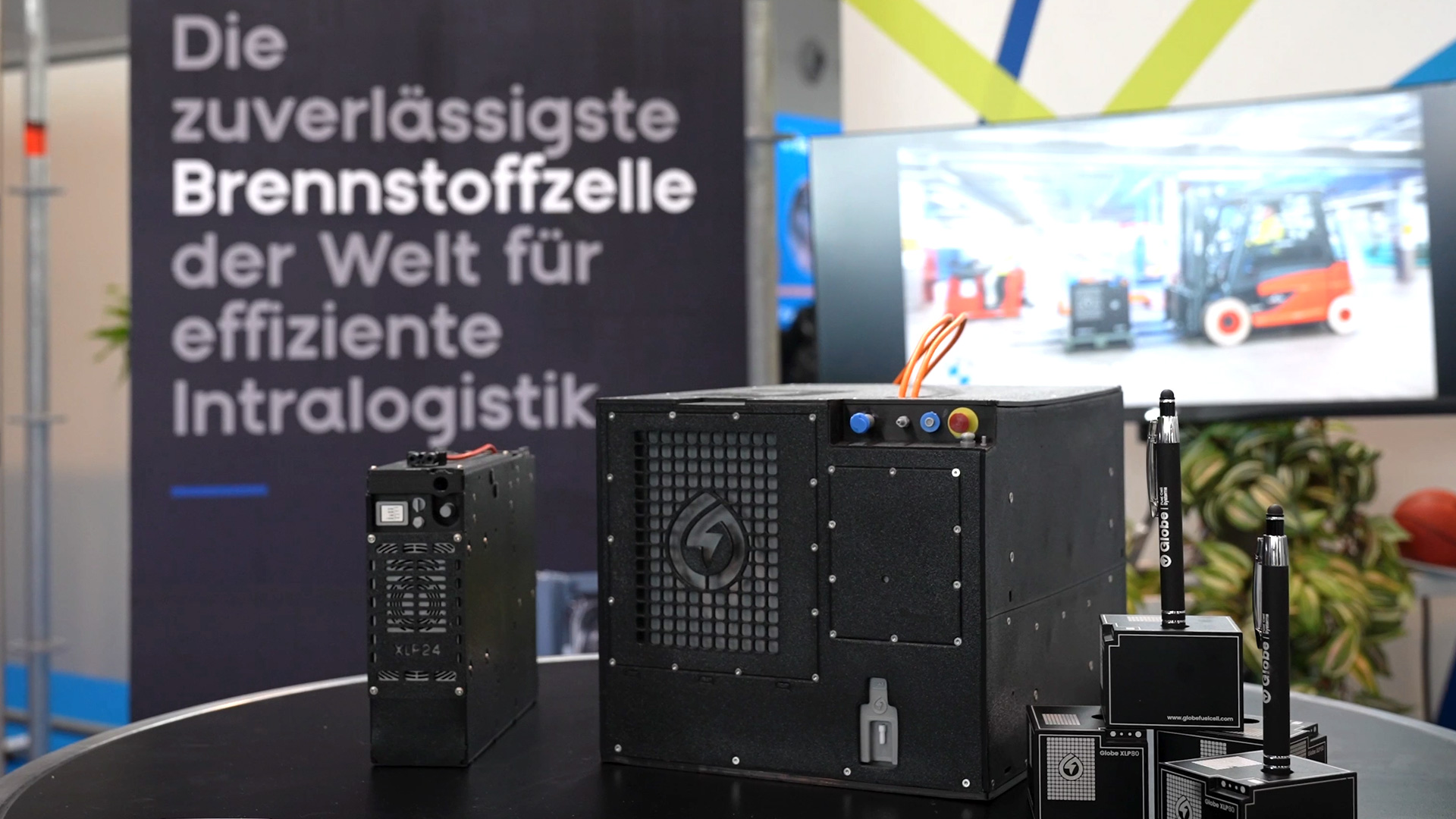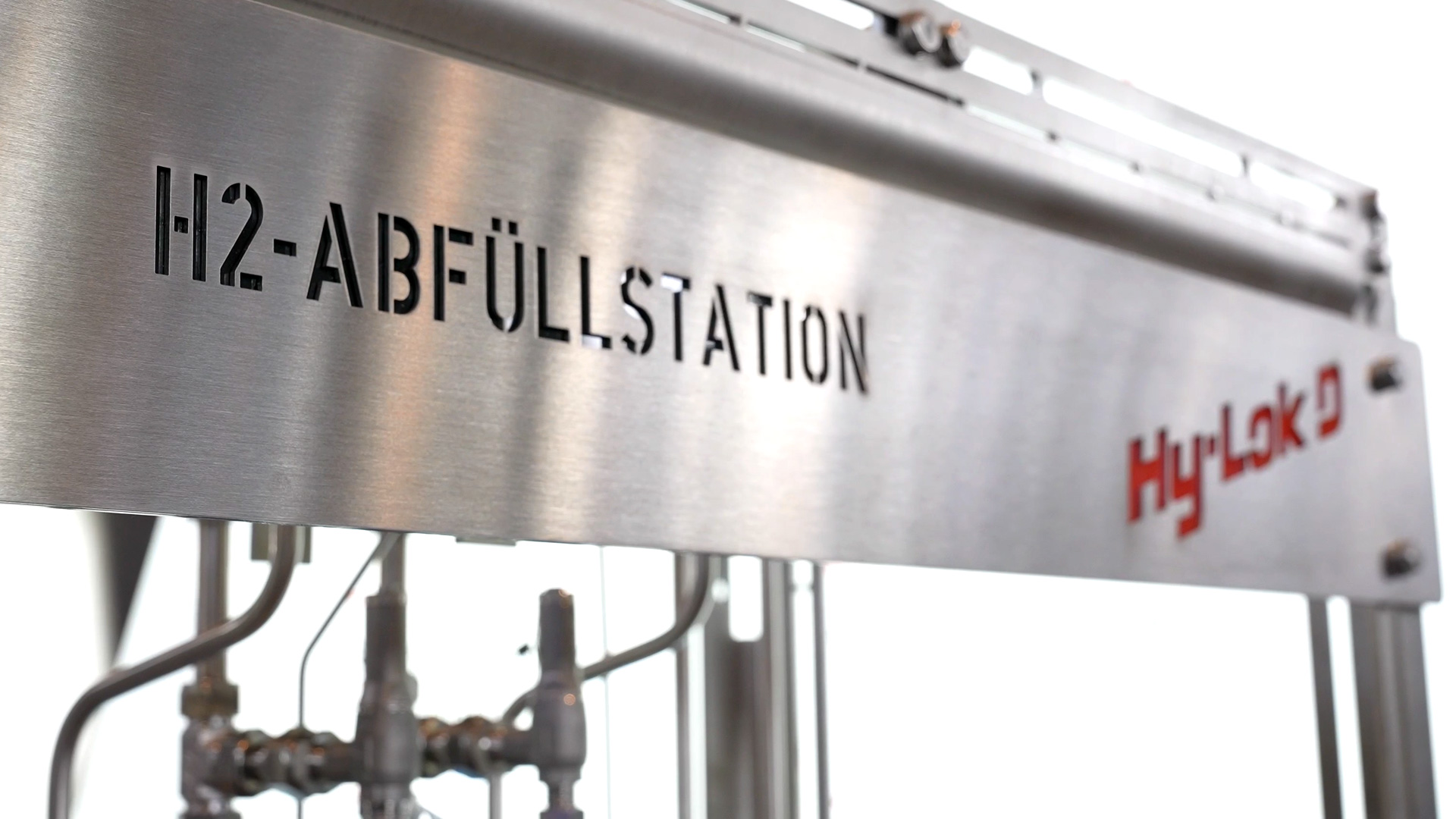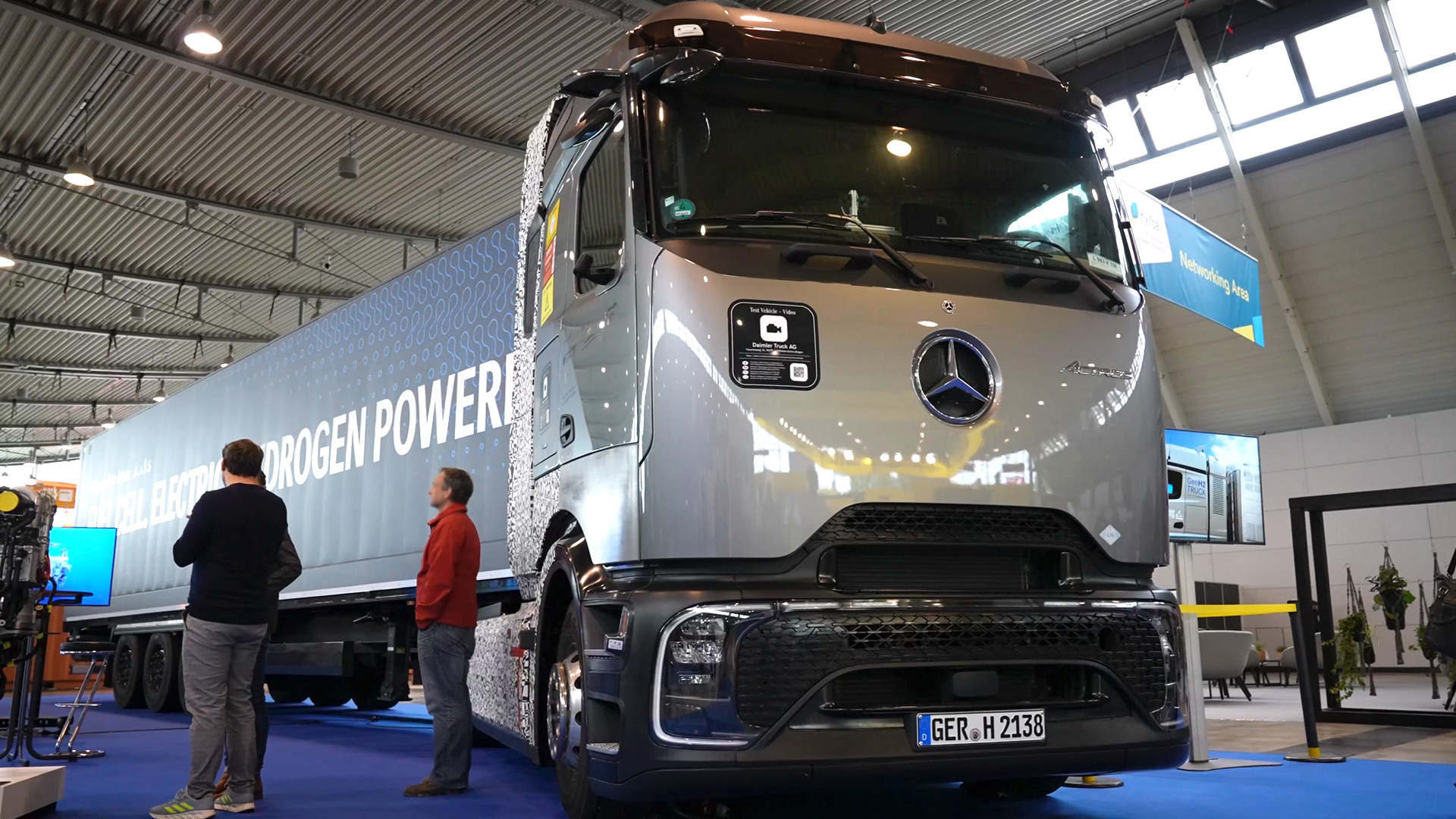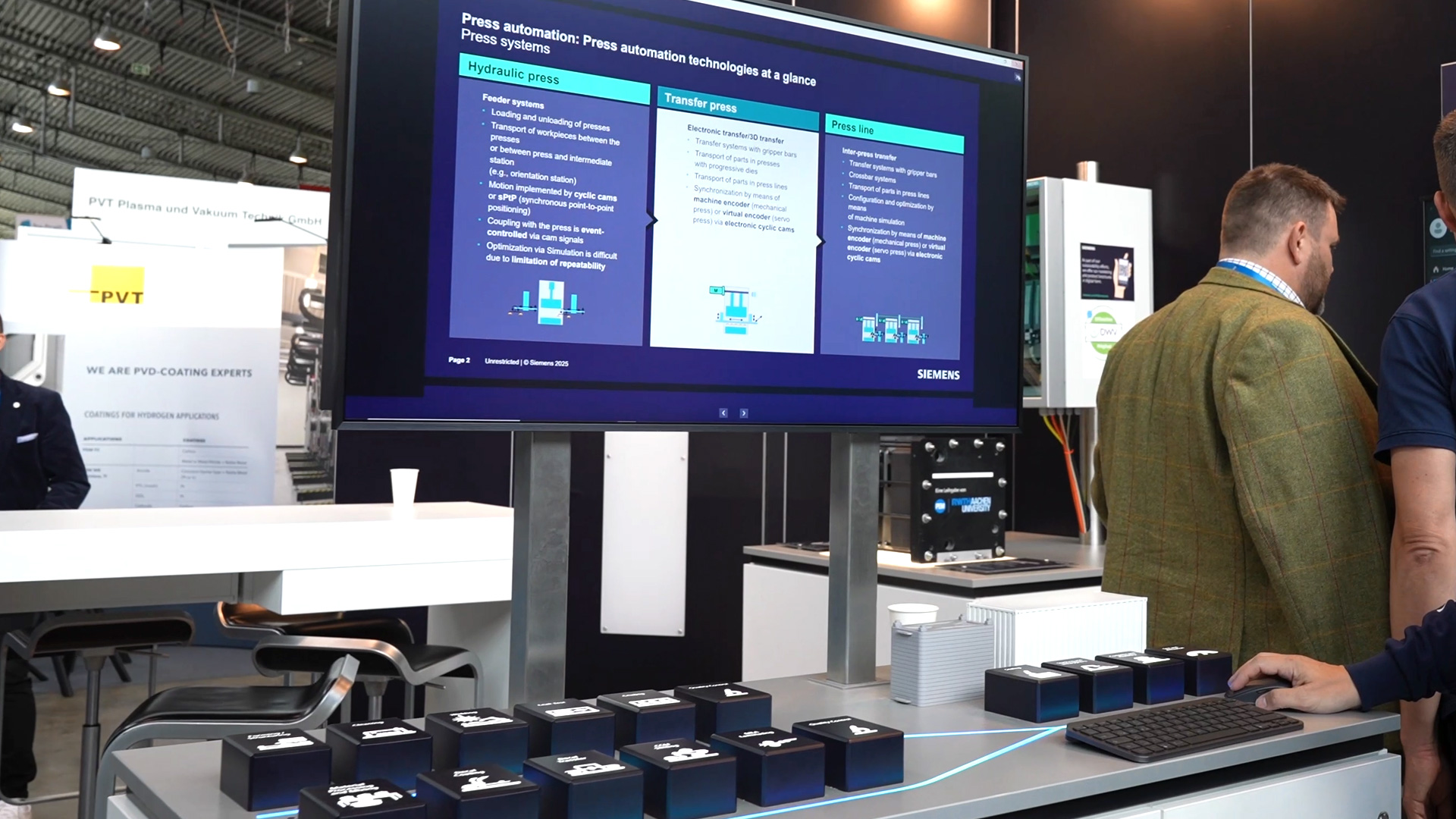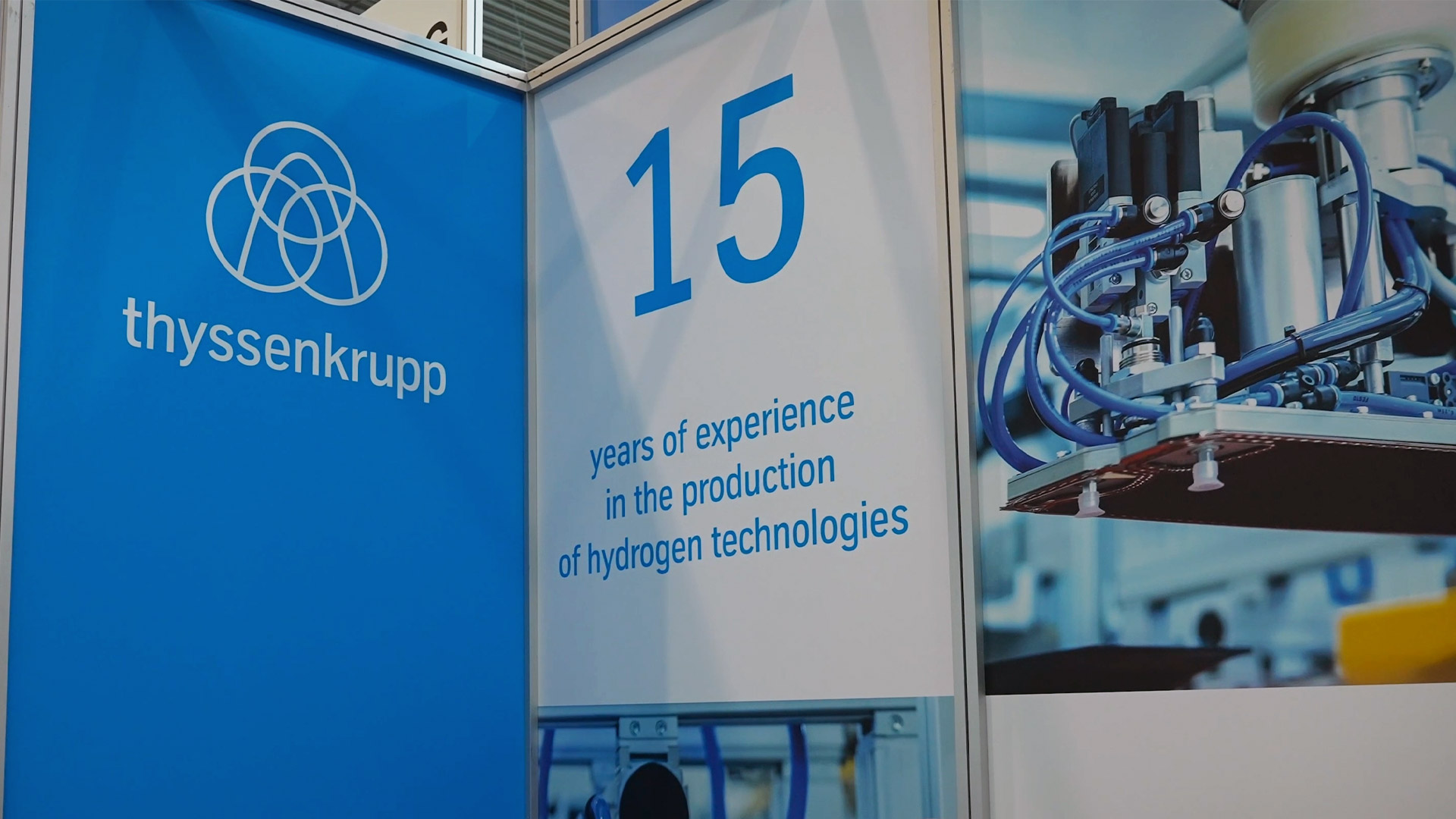ZSW conducts research for the future of energy – hydrogen as a key technology
by A. Bergmeier - 2025-10-19Since 1988, the Center for Solar Energy and Hydrogen Research Baden-Württemberg (ZSW) has been researching the fundamentals of a climate-neutral energy supply. The institute develops and tests technologies that convert electricity from renewable sources into storable forms of energy – from batteries to hydrogen systems. This makes the ZSW one of the key players in the German energy transition. The focus is on combining scientific research and industrial application. This is where processes, components, and systems are developed that enable the transition from fossil fuels to renewable energy supplies – reliably, scalably, and on an industrial scale.
Testing and development services for fuel cells and electrolysers
The ZSW offers comprehensive testing and development services to companies in industry and research. The focus is on fuel cells, cell stacks and complete systems, whose performance, service life and efficiency are analysed in real-world operation. Individual components such as membranes, electrodes and seals are also examined and optimised. In addition, the institute supports manufacturers in the design of fuel cell stacks and electrolysers. ZSW is particularly strong in alkaline water electrolysis, which is considered a key technology for the production of green hydrogen. This results in practical solutions that transfer research results into industrial applications – from prototypes to series production.
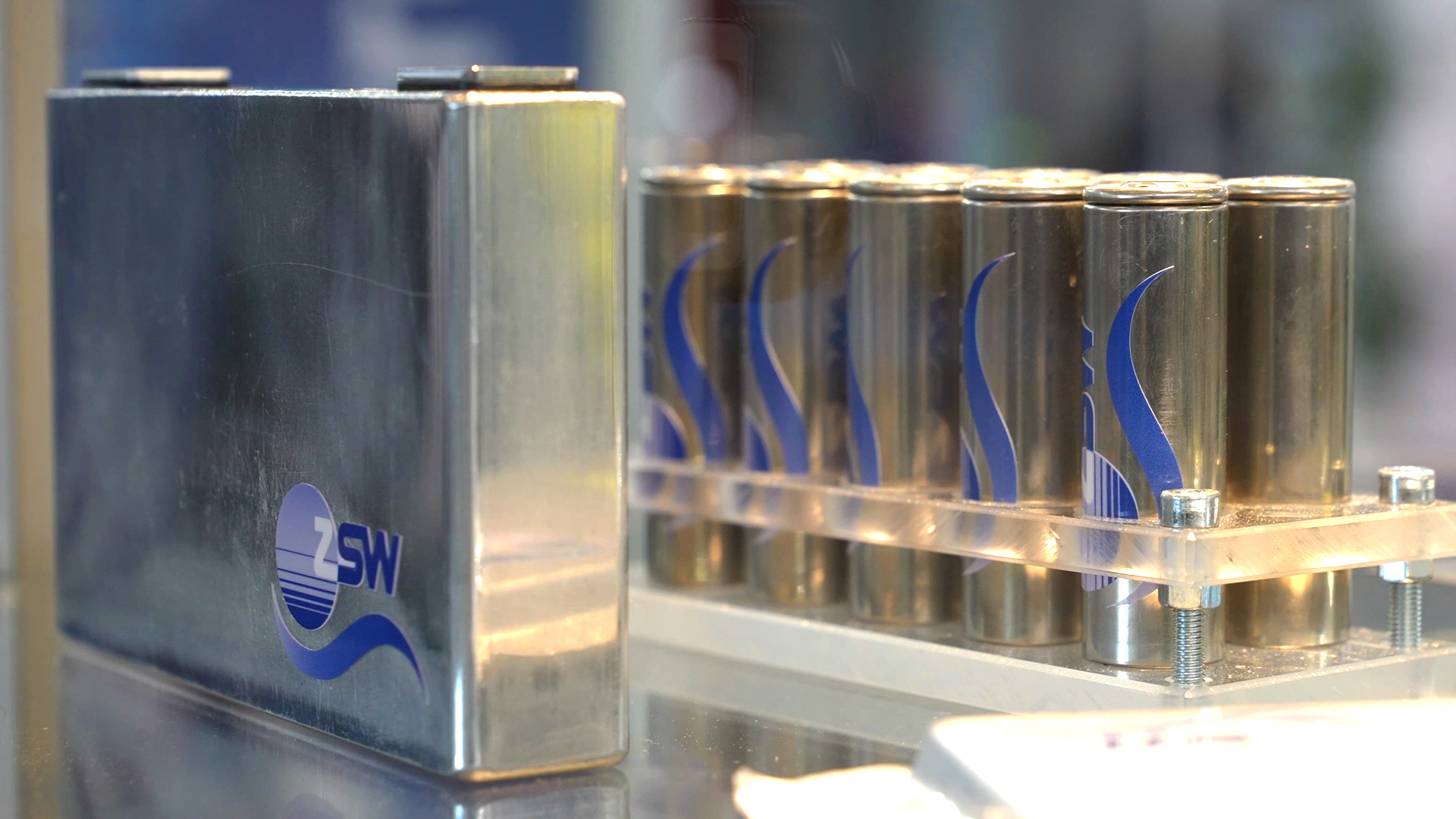
ZSW is Europe's largest test field for fuel cell systems
A unique feature of the ZSW is the construction and operation of one of Europe's largest test fields for fuel cells. Here, complete systems are tested under real conditions, from laboratory scale to industrial plants. At the same time, a large test field for electrolysers is being created, which covers the entire process chain from hydrogen production to storage. This infrastructure makes ZSW one of the leaders in Europe. Industry partners and research institutions use the facilities to validate materials, operating strategies, and system concepts. The goal is to increase efficiency, extend service life, and reduce costs—key requirements for establishing hydrogen technologies economically.
From batteries to molecules – energy storage in transition
Renewable energies such as solar and wind provide clean electricity, but they are not continuously available. The central challenge is therefore to make energy storable. Batteries are suitable for short-term storage cycles, but they reach their limits when it comes to long-term storage and large amounts of energy. This is where hydrogen comes in. Electrolysis is used to convert electricity into chemical energy in the form of hydrogen, which can be stored for long periods of time and reused as needed. This closes the loop between generation, storage, and application. Hydrogen thus becomes the link between the power grid, industry, and mobility. The ZSW is researching this interface and developing concepts for turning surplus electricity into a versatile energy source – for vehicles, production facilities, and energy infrastructures.
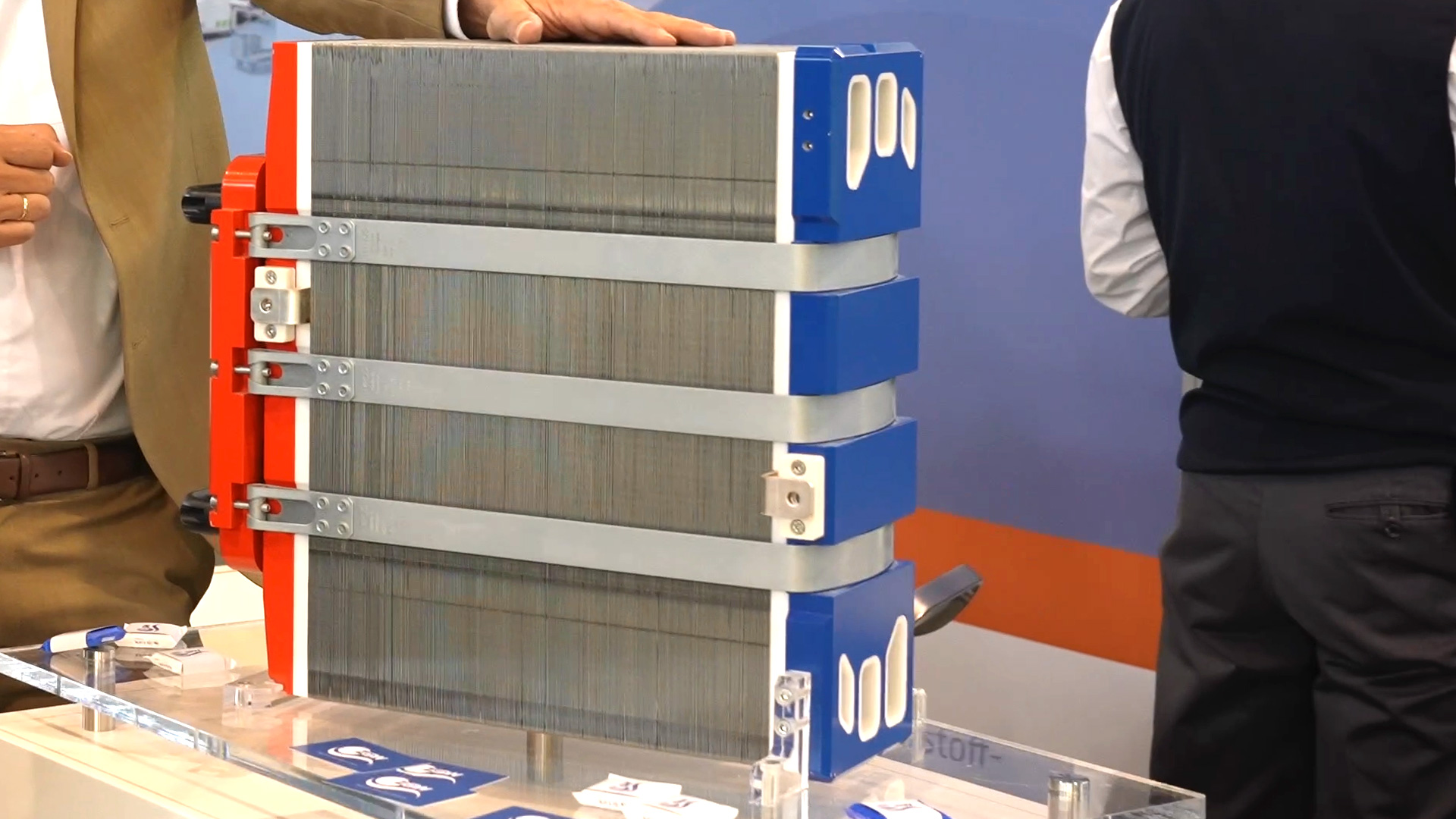
Infrastructure and perspective – hydrogen as the backbone of the energy transition
While fossil fuels have to be imported, green hydrogen can be produced in significant quantities domestically. This strengthens security of supply and reduces dependence on international markets. In combination with existing gas storage facilities and a converted pipeline network, a new energy system based on domestic resources is emerging. The so-called hydrogen core network is already being established in Germany – an infrastructure that uses parts of the existing natural gas network and upgrades it for hydrogen. This development underscores the importance of hydrogen as a strategic energy source that will shape not only industry, but also transportation and building supply in the long term.
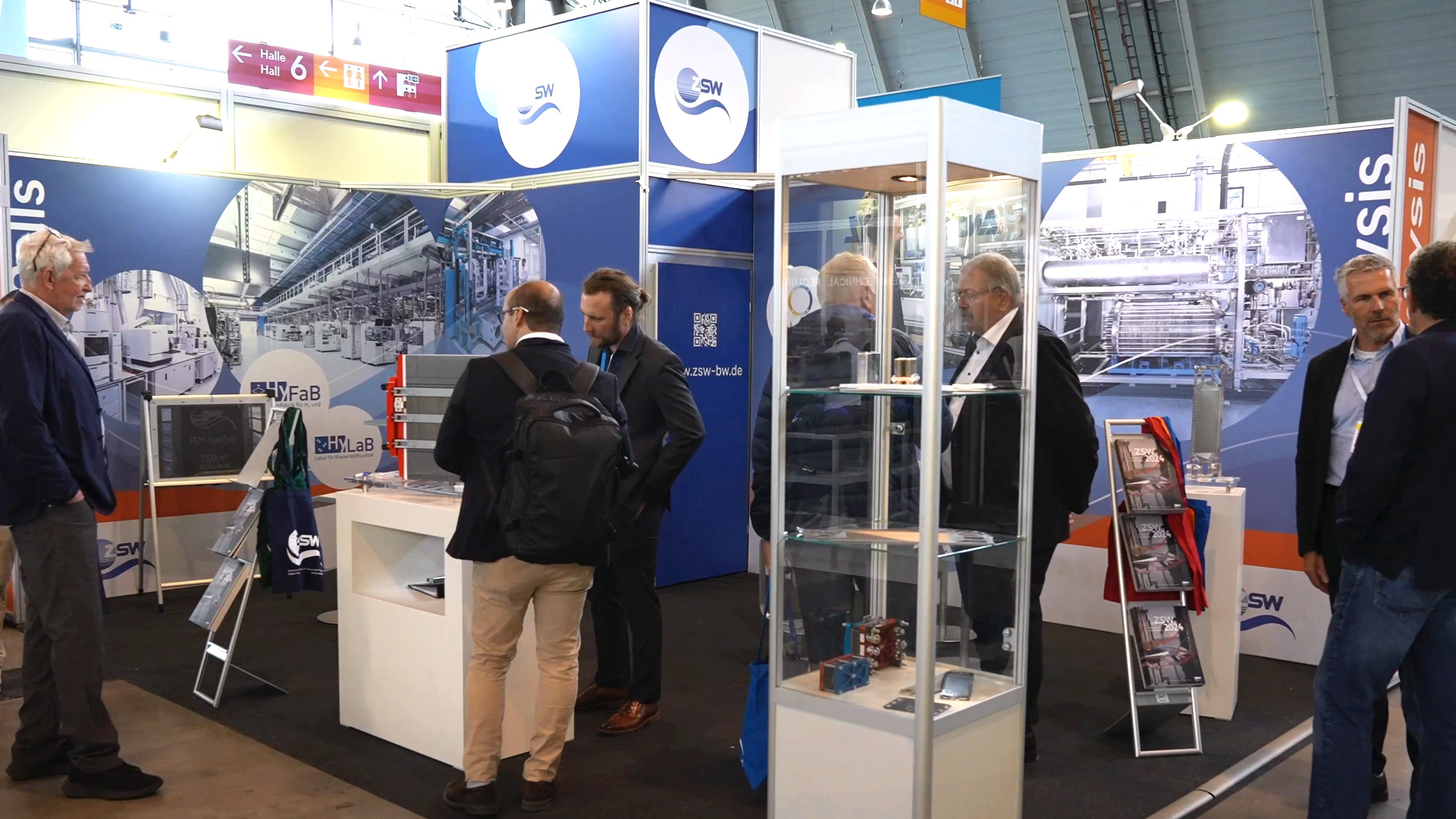
ZSW as a partner to industry
The work of the ZSW does not end in the laboratory. The institute supports companies on their way to industrial implementation – from prototype development and test phases to series production. The focus is always on how new technologies can be implemented economically, safely, and sustainably. Hydrogen technology and battery research have now reached a stage of maturity that makes their widespread use possible. For ZSW, the next phase is now beginning: the transfer of these technologies into real-world applications. Research, industry, and politics are working together here to achieve a long-term sustainable energy future. The energy transition is not a short-term project, but a process that will take decades. With its interdisciplinary approach, technical depth, and proximity to industry, the ZSW is a key partner in this change – and one of the driving forces behind the transformation to a sustainable, independent energy supply.
